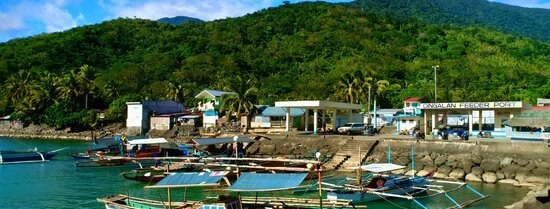| Country | Philippines |
| Theme | Land Value Capture, Nature-based Solutions, Governance and Social Inclusion, Circular Economy |
| Client | Philippine Reclamation Authority (PRA) |
| Dates | 19-23 May 2025 |
| Modality | In person |
| IHS Project Team | Charmae Pyl Wissink-Nercua, Ore Fika, Kristine Abbie Arcena |
About PRA
As the national regulatory agency for managing and regulating land reclamation activities, the Philippine Reclamation Authority (PRA), plays a pivotal role in ensuring that reclaimed lands not only serve immediate development needs but also contribute to long-term environmental, social, and economic sustainability. This executive course is designed to support the PRA’s top decision-makers in deepening their understanding of land reclamation’s broader development implications and equipping them with innovative, future-ready land management strategies.
Local context
In response to the twin pressures of urbanisation and climate vulnerability, land reclamation has emerged as a critical strategy for expanding livable and productive urban spaces in the Philippines. Reclaimed lands offer significant potential to address land scarcity, stimulate economic growth, and improve urban resilience—particularly in rapidly growing coastal and metropolitan regions. However, realizing these benefits depends on how well these areas are planned, developed, and managed.
Sustainable land management
A central focus of the executive course is on sustainable land management—an integrated approach that balances development objectives with ecological preservation, climate adaptation, and community well-being. Key thematic components of the course includes land value capture instruments, nature-based solutions, social inclusion and governance, underpinned by circular economy principles.
Through case studies, interactive discussions, and advisory exercises, participants will gain strategic insights into new approaches the PRA can continue to govern future generation of reclamation projects—ones that are economically viable but also socially just and environmentally responsible.
This course ultimately aims to strengthen the PRA’s regulatory vision and capacity to steer reclamation in ways that are aligned with the Philippines’ sustainable development goals and international best practices.
Learning objectives
At the end of the course, the participants should be able to:
1. Review land reclamation approaches, practices and outcomes in the Netherlands used for building new neighbourhoods with infrastructure and urban services.
2. Explain how land value capture and its instruments can be used on reclaimed land to generate finances to provide infrastructure, adequate housing, green spaces and amenities.
3. Explain and critically analyse sustainable land management approaches that are inclusive, equitable, participatory and can be applied to the Philippine context.
4. Discuss the concepts of nature-based solutions and circular economy as it relates to sustainable land management and urban development.
5. Develop a back-home list of priorities and actions to implement and apply the acquired learnings in the Philippines.
Teaching methods
The course blends a variety of learning methods and formats, such as:
- Short interactive lectures
- Case studies reviews that link theory to practice
- Presentation of case study reviews that to link theory to practice
- Peer-to-peer learning through groupwork
- Small group discussions with peers and trainers
- Participatory methodologies to enhance participants’ learning experience.
- Field/study visits to provide insight into best and worst practices.
